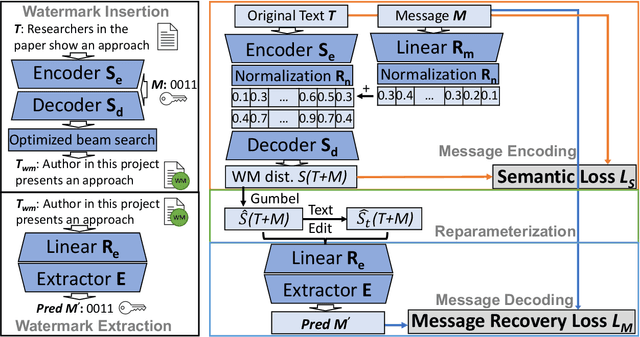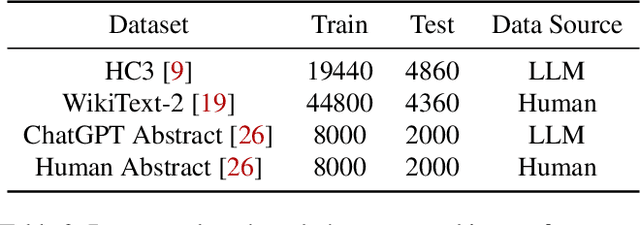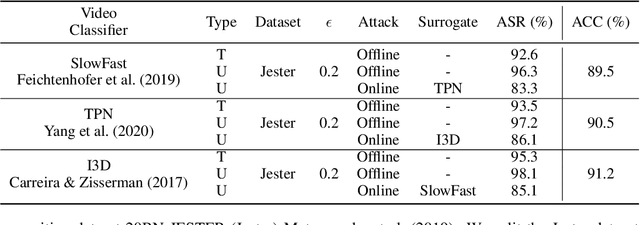Shehzeen Samarah Hussain
REMARK-LLM: A Robust and Efficient Watermarking Framework for Generative Large Language Models
Oct 18, 2023



Abstract:We present REMARK-LLM, a novel efficient, and robust watermarking framework designed for texts generated by large language models (LLMs). Synthesizing human-like content using LLMs necessitates vast computational resources and extensive datasets, encapsulating critical intellectual property (IP). However, the generated content is prone to malicious exploitation, including spamming and plagiarism. To address the challenges, REMARK-LLM proposes three new components: (i) a learning-based message encoding module to infuse binary signatures into LLM-generated texts; (ii) a reparameterization module to transform the dense distributions from the message encoding to the sparse distribution of the watermarked textual tokens; (iii) a decoding module dedicated for signature extraction; Furthermore, we introduce an optimized beam search algorithm to guarantee the coherence and consistency of the generated content. REMARK-LLM is rigorously trained to encourage the preservation of semantic integrity in watermarked content, while ensuring effective watermark retrieval. Extensive evaluations on multiple unseen datasets highlight REMARK-LLM proficiency and transferability in inserting 2 times more signature bits into the same texts when compared to prior art, all while maintaining semantic integrity. Furthermore, REMARK-LLM exhibits better resilience against a spectrum of watermark detection and removal attacks.
NetFlick: Adversarial Flickering Attacks on Deep Learning Based Video Compression
Apr 04, 2023



Abstract:Video compression plays a significant role in IoT devices for the efficient transport of visual data while satisfying all underlying bandwidth constraints. Deep learning-based video compression methods are rapidly replacing traditional algorithms and providing state-of-the-art results on edge devices. However, recently developed adversarial attacks demonstrate that digitally crafted perturbations can break the Rate-Distortion relationship of video compression. In this work, we present a real-world LED attack to target video compression frameworks. Our physically realizable attack, dubbed NetFlick, can degrade the spatio-temporal correlation between successive frames by injecting flickering temporal perturbations. In addition, we propose universal perturbations that can downgrade performance of incoming video without prior knowledge of the contents. Experimental results demonstrate that NetFlick can successfully deteriorate the performance of video compression frameworks in both digital- and physical-settings and can be further extended to attack downstream video classification networks.
 Add to Chrome
Add to Chrome Add to Firefox
Add to Firefox Add to Edge
Add to Edge